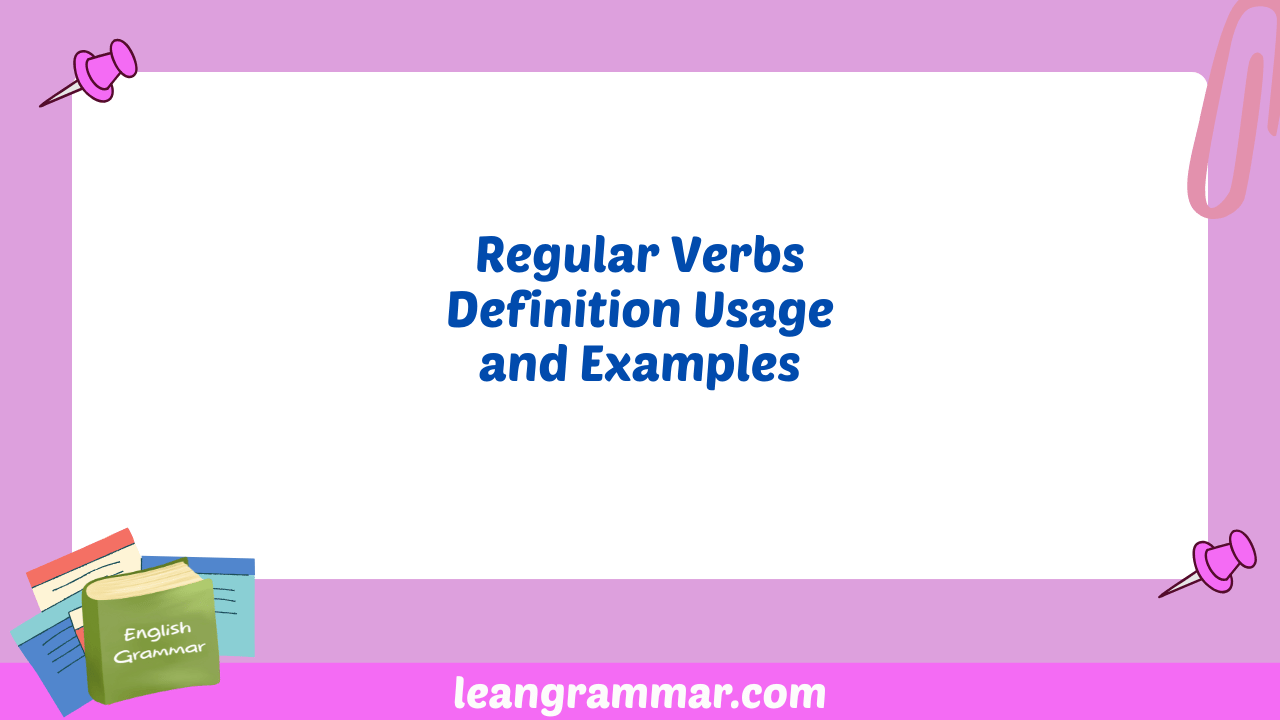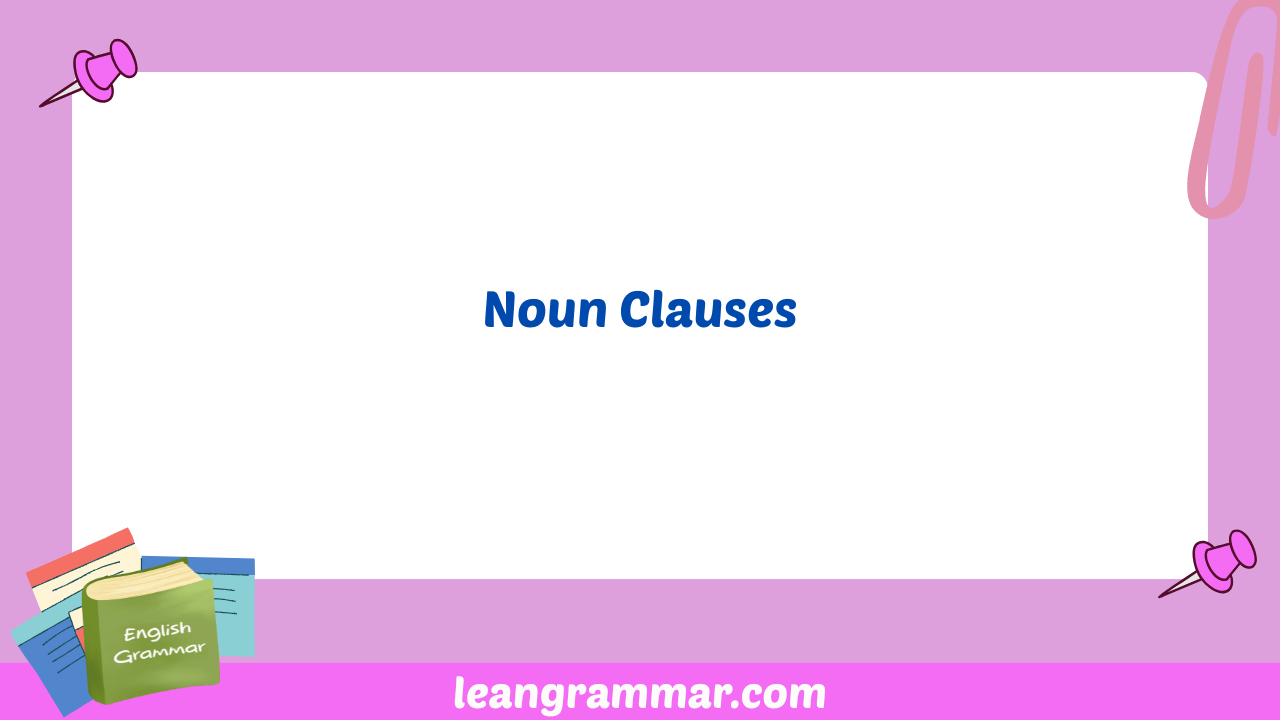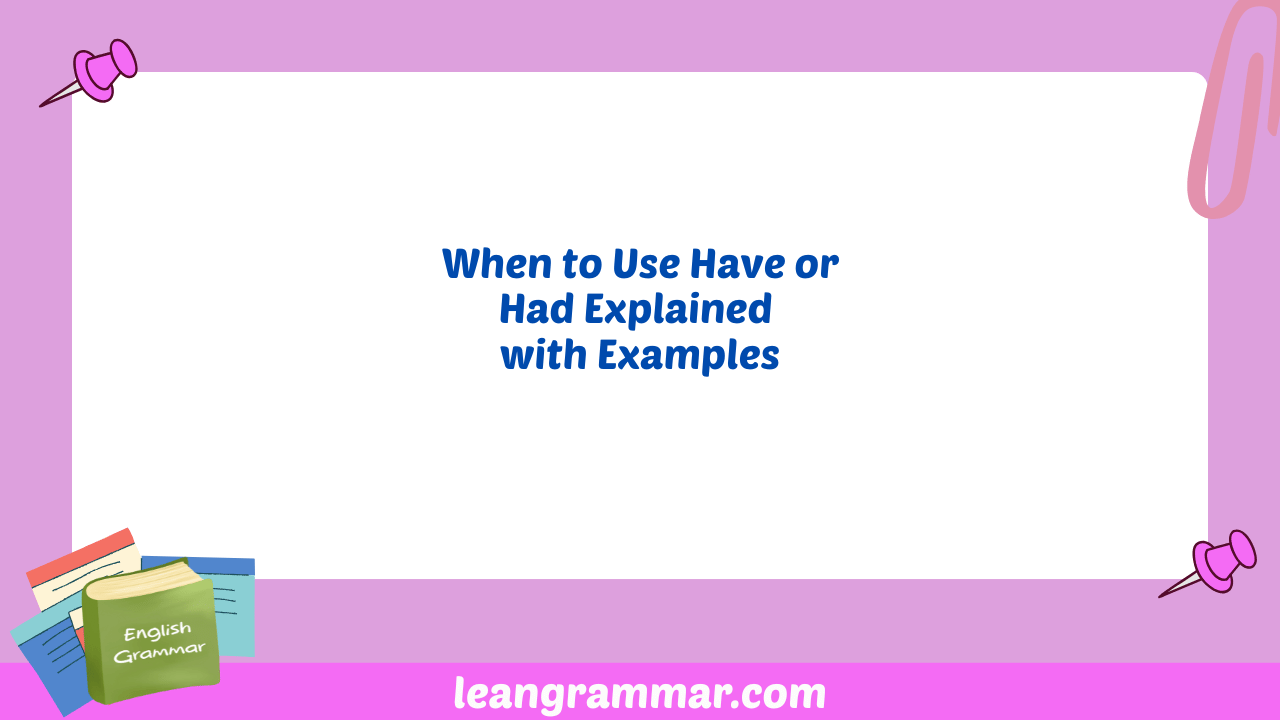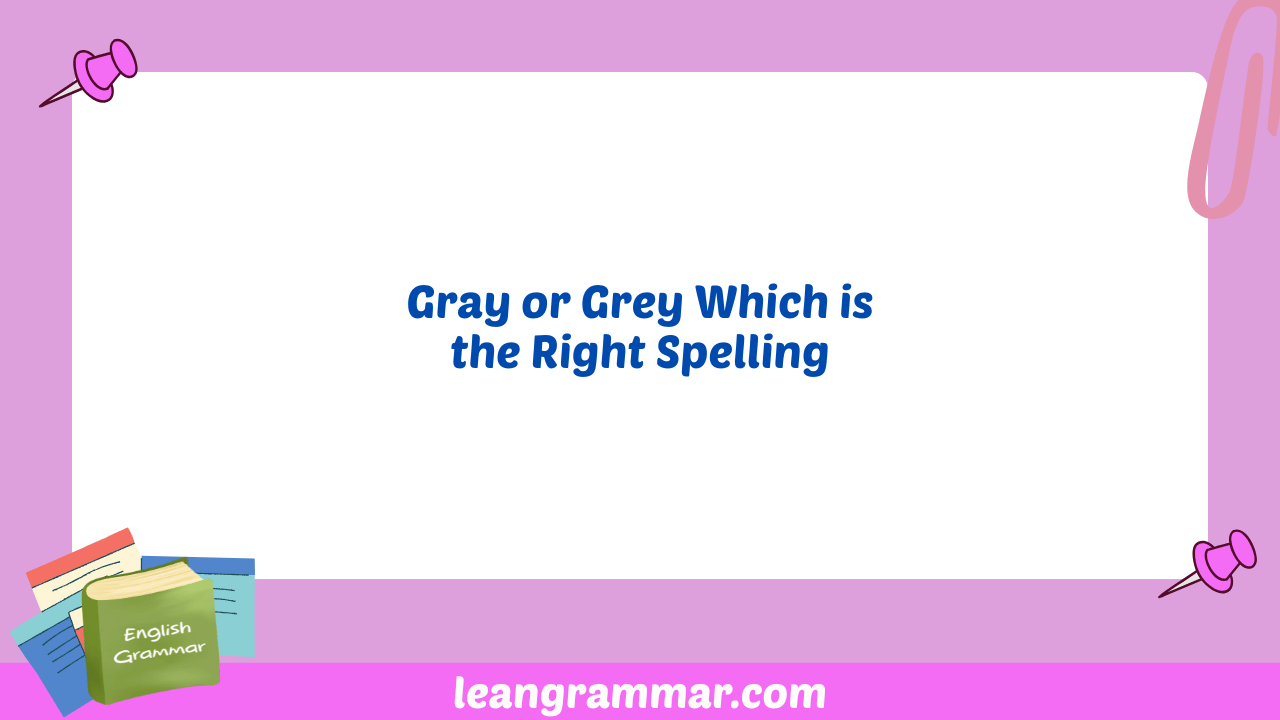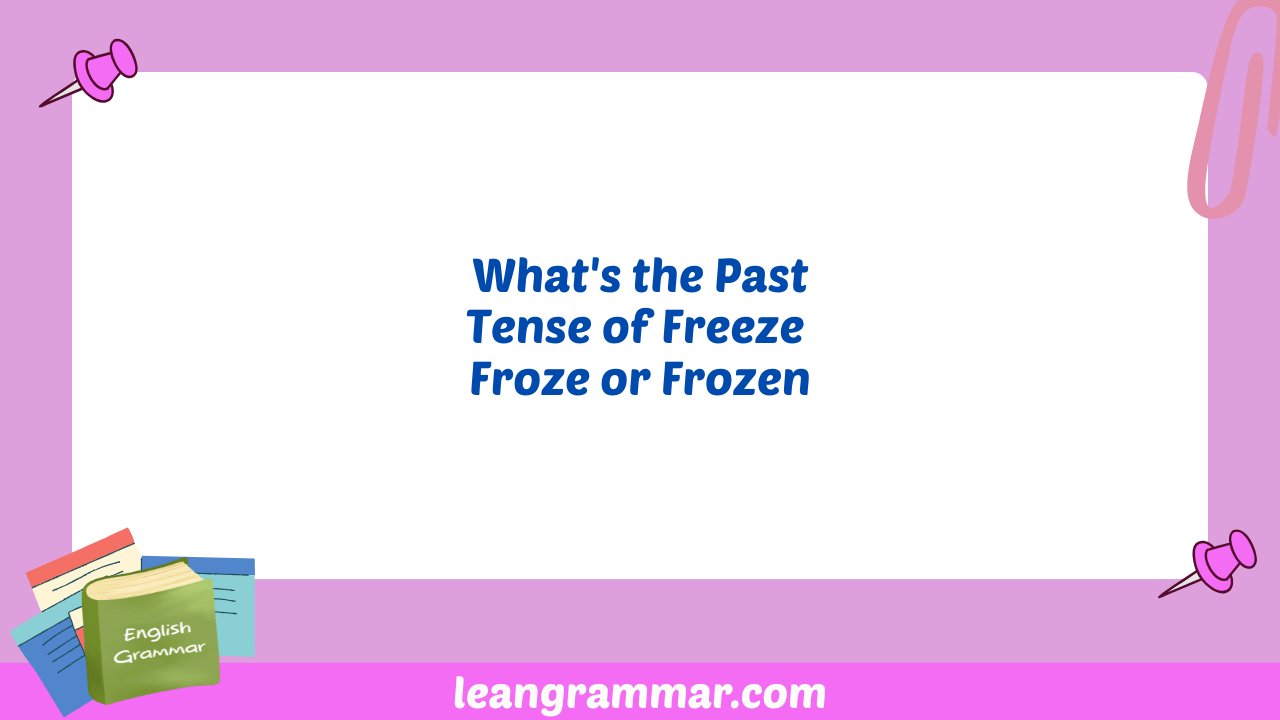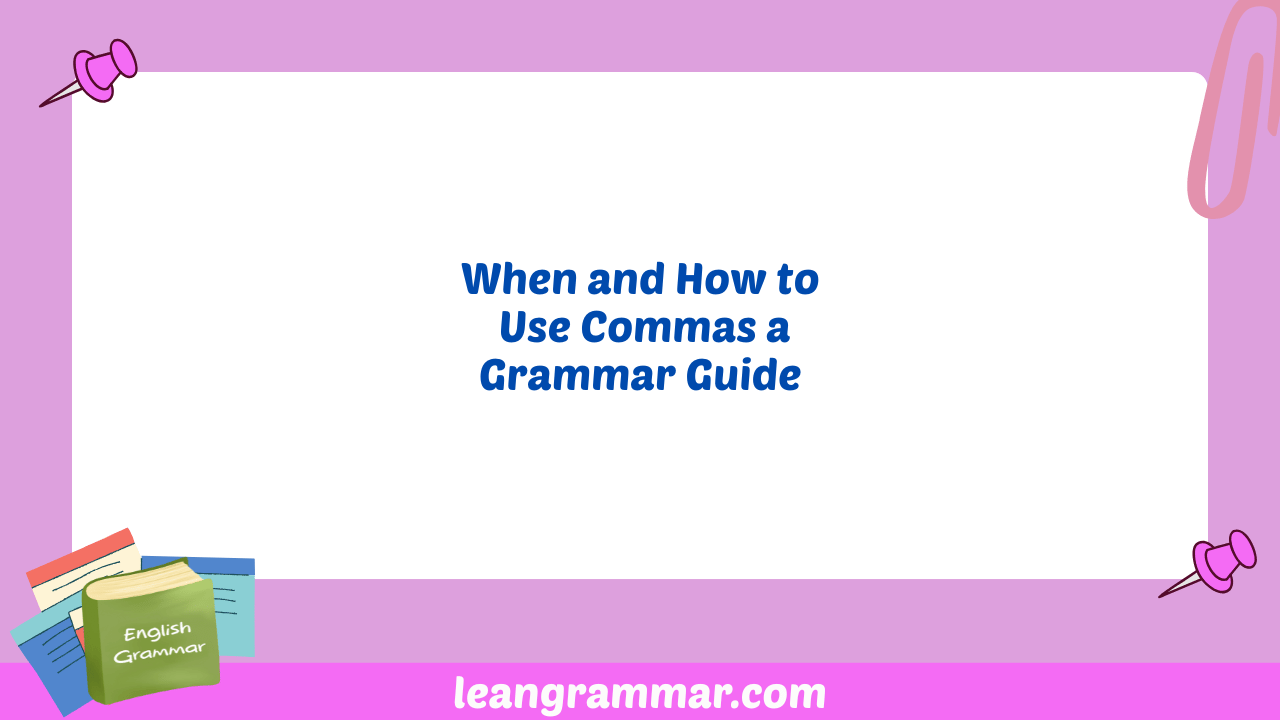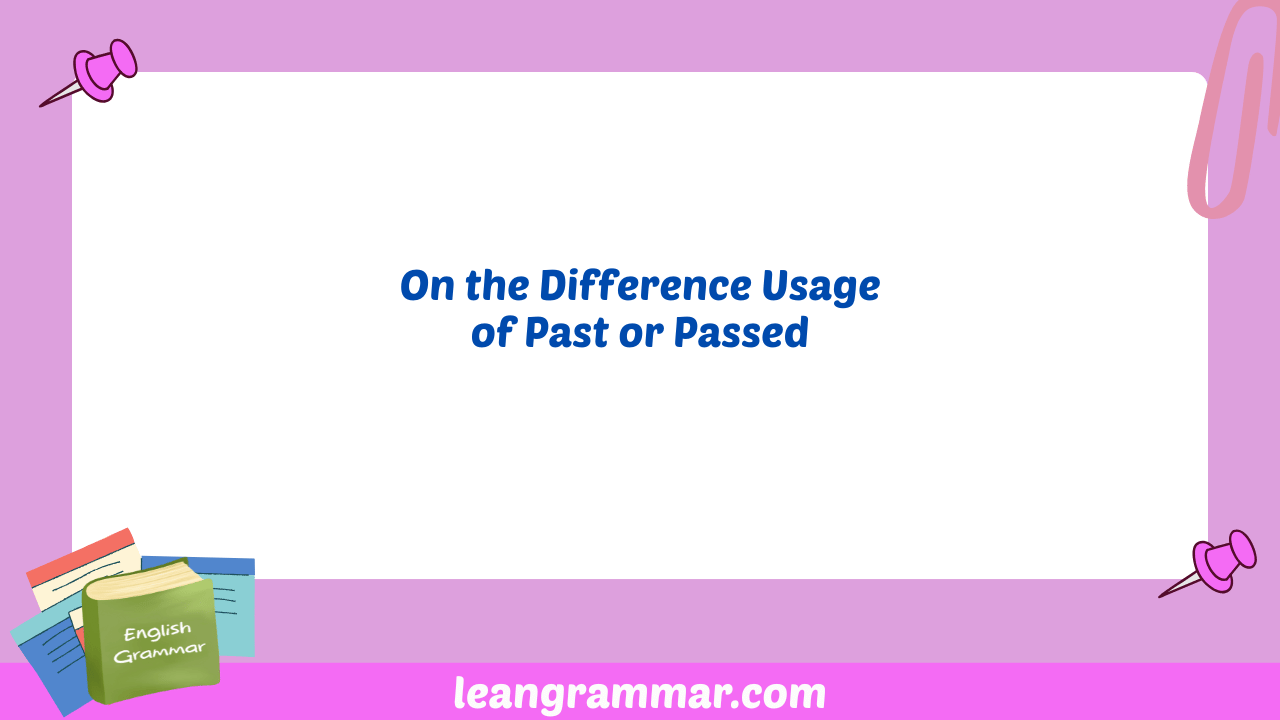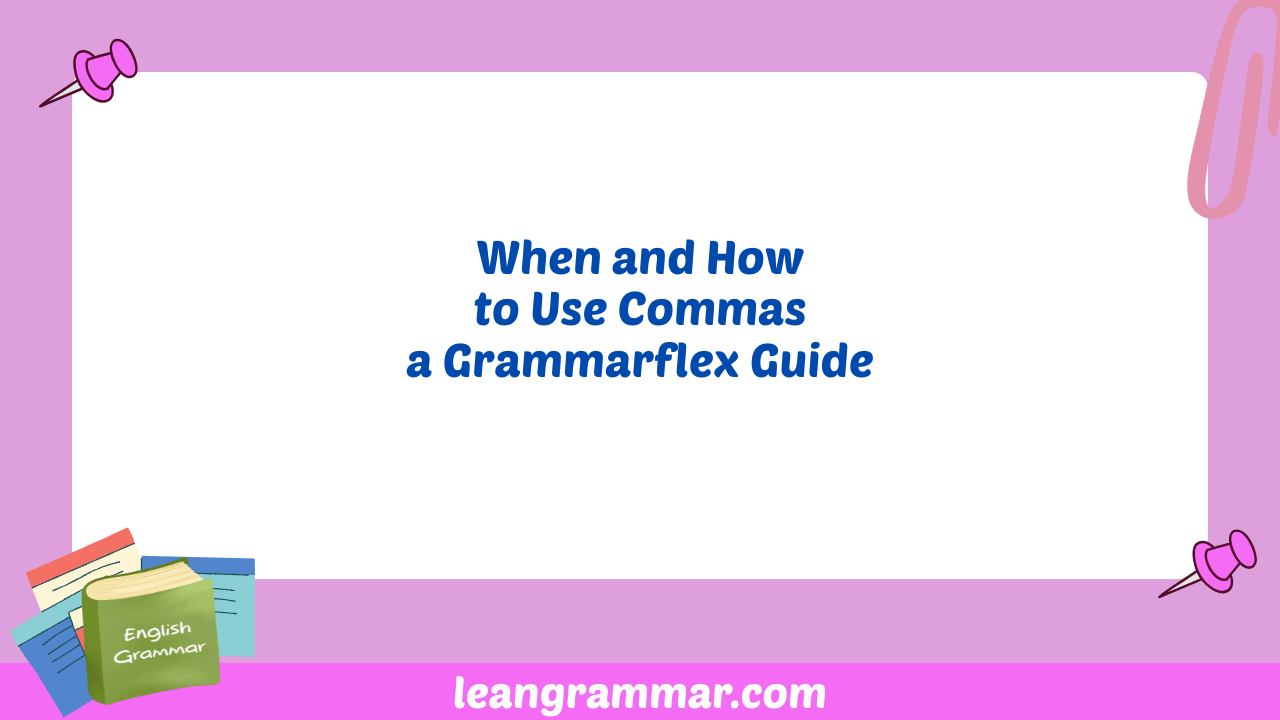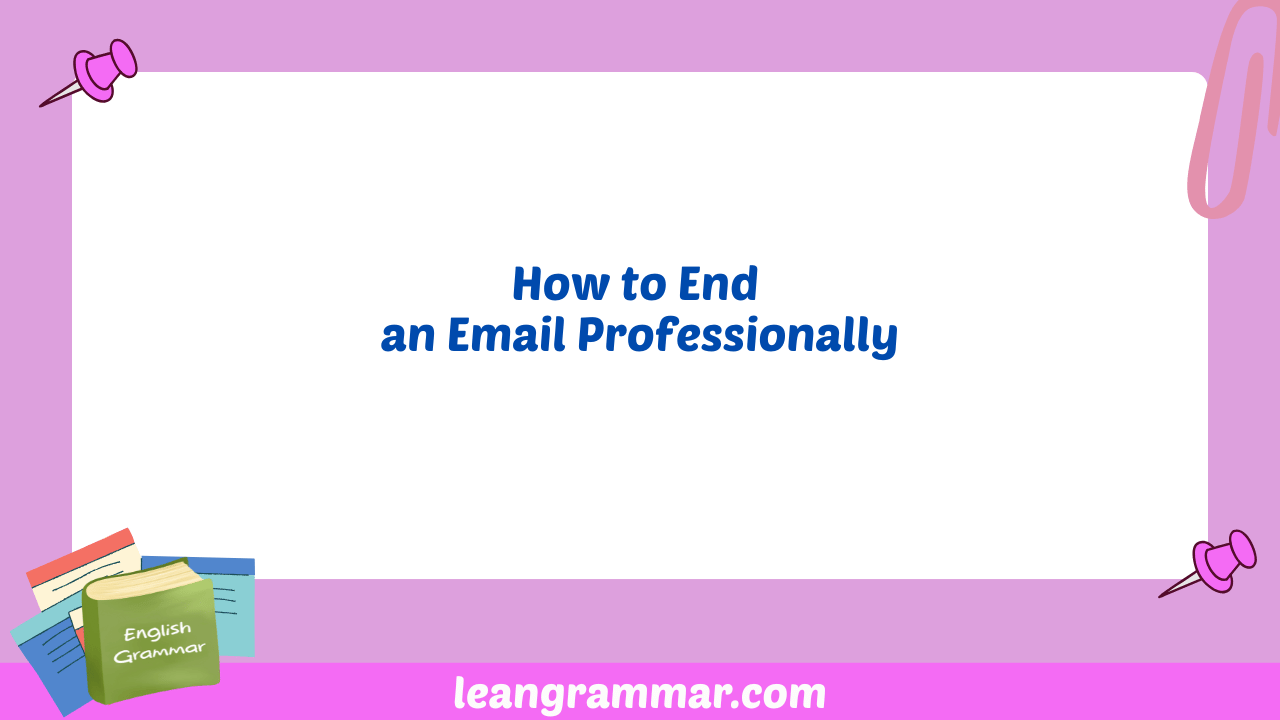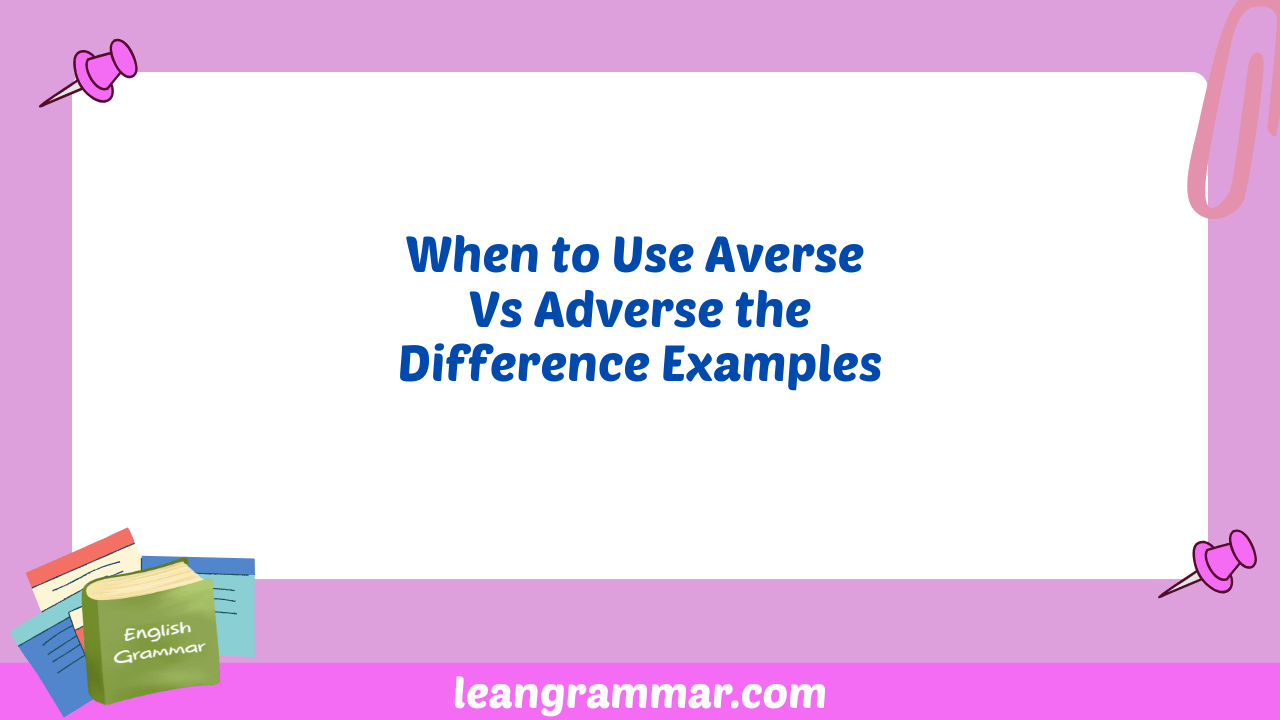Regular Verbs: Definition, Usage, and Comprehensive Examples
Understanding regular verbs is fundamental to mastering English grammar. These verbs form their past tense and past participle by adding a consistent suffix, typically ‘-ed.’ This predictability makes them easier to learn and use compared to irregular verbs, which have unique and often unpredictable forms. This article provides a comprehensive guide to regular verbs, covering … Read more
